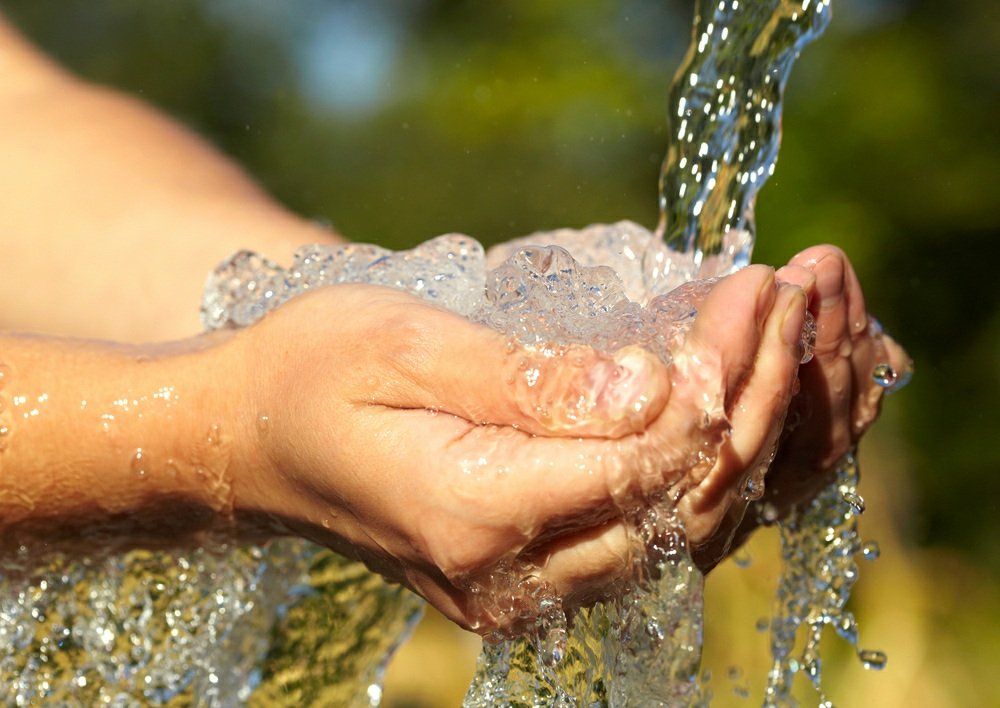Why Water Conservation Is Crucial For Septic Tank Maintenance

One of the easiest tips to extend your septic system's lifespan is to ensure a regular cleaning schedule. You should also watch what you flush down the drains if you
want to avoid frequent sewage backups. But one thing many homeowners don't know is the importance of water conservation for better septic performance.
How Does Excess Wastewater Affect Your System?
Typically, all the water you use in your home will pass through your septic system before treatment and safe disposal.
The wastewater flows into the septic tank and separates into two layers. One layer contains solid waste that settles at the bottom of the tank to form sludge.
Anaerobic bacteria live on solid organic waste and create a thick sludge.
The other layer contains liquid and other lightweight waste. The liquid waste flows out of the septic tank into the drainfield and leaves behind a dense sludge at the
bottom. Your septic tank pumping service may then come and pump out the remaining waste.
More wastewater could flow into the septic tank if your water usage is high. If the incoming wastewater is higher than the tank's capacity, your septic system might
not treat the waste effectively.
A high volume of incoming wastewater usually means that more liquid waste flows into the drainfield at a faster rate. Your septic tank may not separate solid and liquid waste on time. In addition, the bacteria inside the tank may not have enough time to break down any solid waste. Worse still, excessive wastewater may kill off
some bacteria, which further reduces the tank's efficiency.
Unfortunately, solid waste may flow into the drainfield without enough bacteria to break the waste down. Large amounts of solid waste can clog your drainfield, and any incoming wastewater may not be treated adequately. With time, the entire septic system might be unable to keep up with the waste load and fail.
Ways to Limit Your Water Usage
You can employ several water conservation tactics at home, some of which you can do without spending any money. The tips below can help you reduce your average water usage and prevent a septic system overload:
Install High-efficiency Plumbing Fixtures
Unbeknownst to many homeowners, a plumbing system upgrade can limit your household's water demand by a great margin. High-efficiency fixtures may drastically
decrease the amount of wastewater that flows into your septic tank.
For instance, a low-flow toilet can be an excellent alternative to traditional toilet models. On average, an older toilet can use up to 7 gallons of water for every flush. The high water demand quickly adds up, especially if you have a larger household. In comparison, low-flush toilets only use about 1.6 gallons for every flush.
Similarly, low-flow faucets can limit the volume of water into your septic system without any significant effect on water pressure. If your home has the standard
faucets, you might benefit from these advanced fixtures and give your septic system some breathing room.
Water-efficient showerheads are another great upgrade to consider for your plumbing system. Not only do these fixtures limit the overall water usage, but they also
lower your monthly water bills.
Change Your Usage Habits
Because all the water you use may end up in your septic system, you could change some habits that may increase the volume of wastewater. For instance, you could
reuse your cooking water to water your household plants rather than pour it down the sink.
You could also spread out your laundry across the week so you don't have to clean a larger load all at once. Still, you could take shorter showers to limit the amount
of wastewater that flows in your septic tank.
You shouldn't have to struggle to maintain a healthy septic system. Reach out to Southern Sanitary Systems if you need any help.







